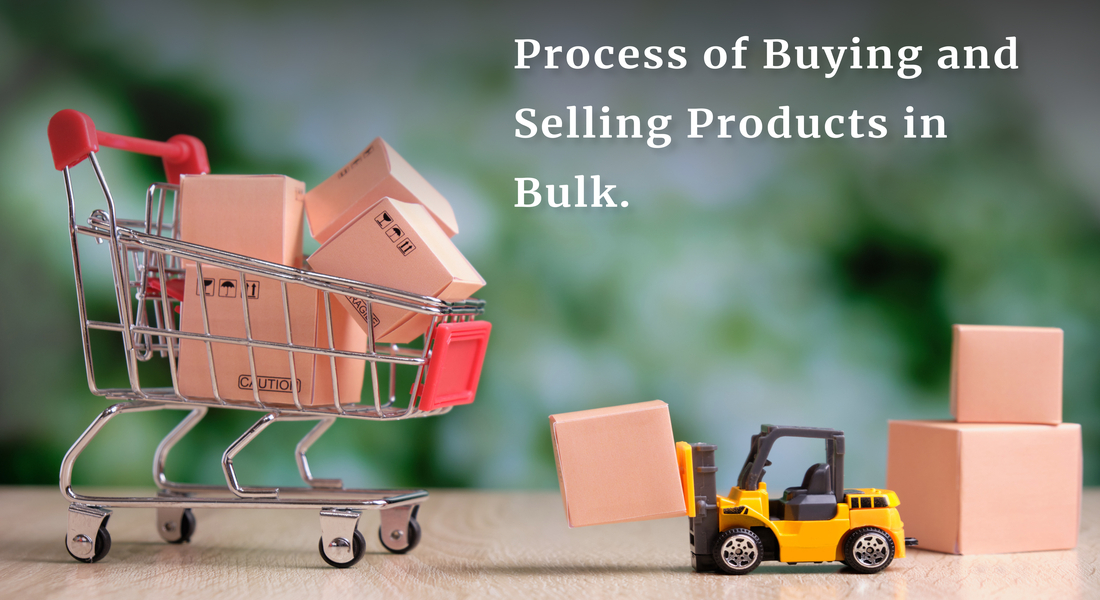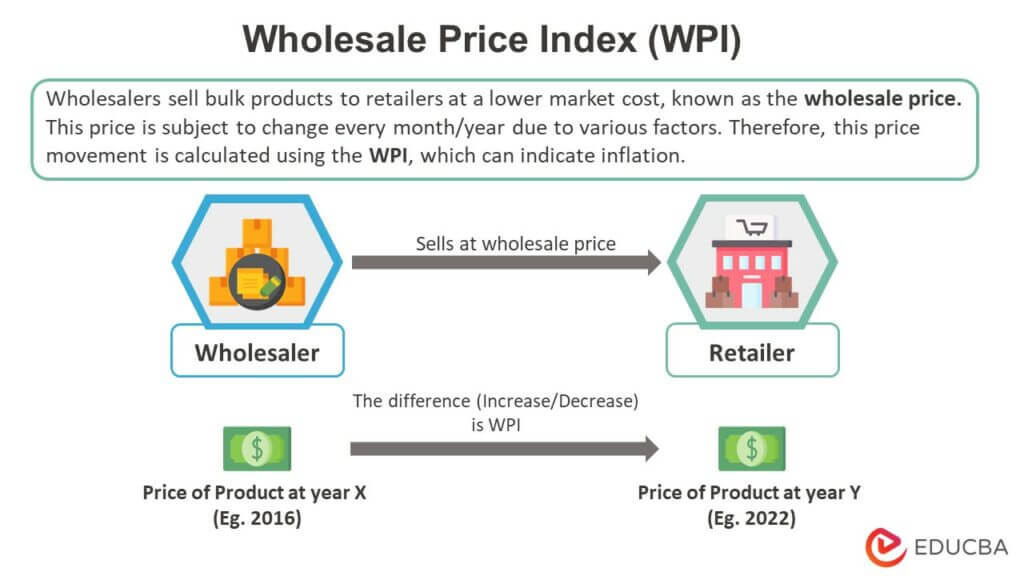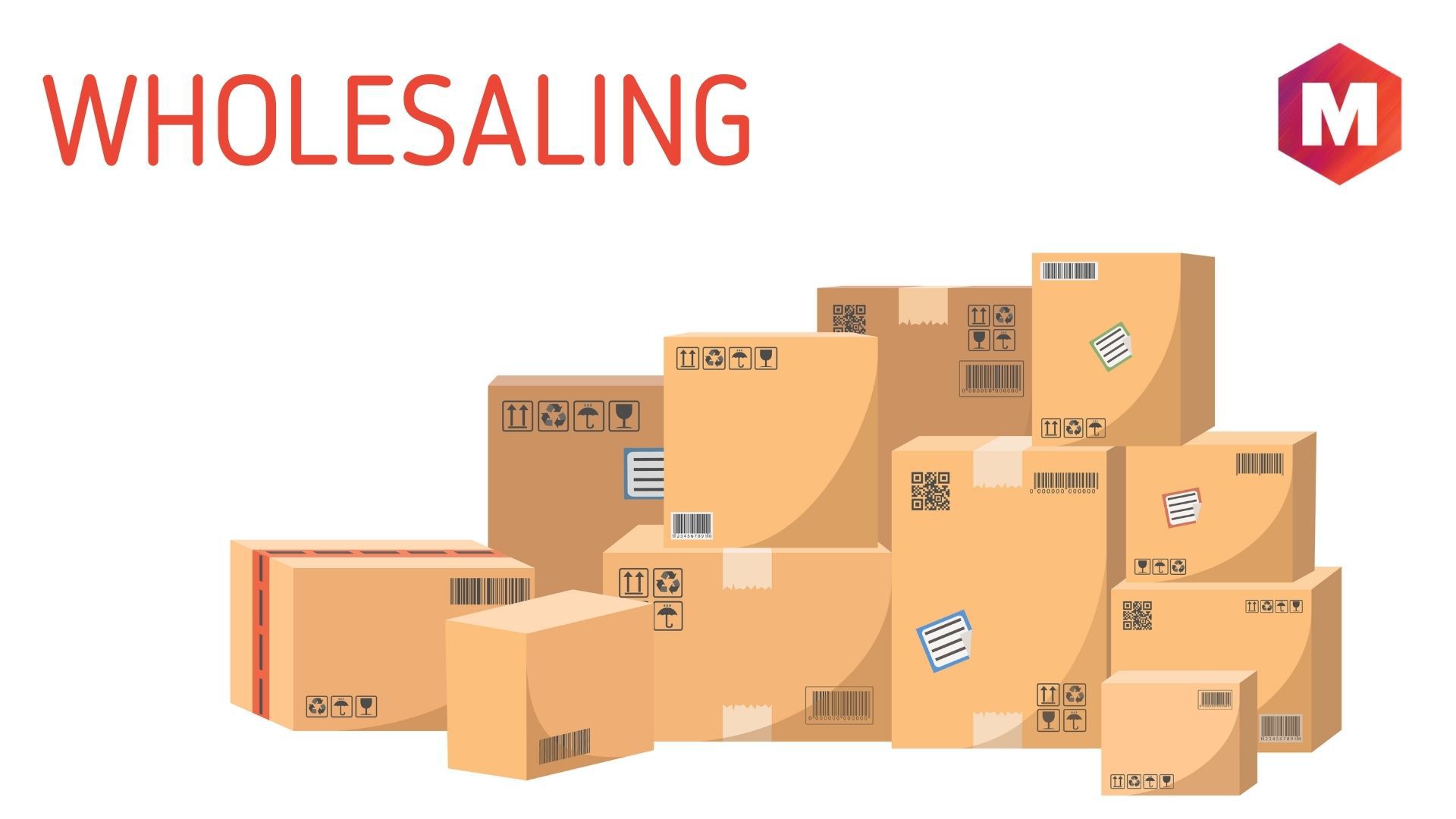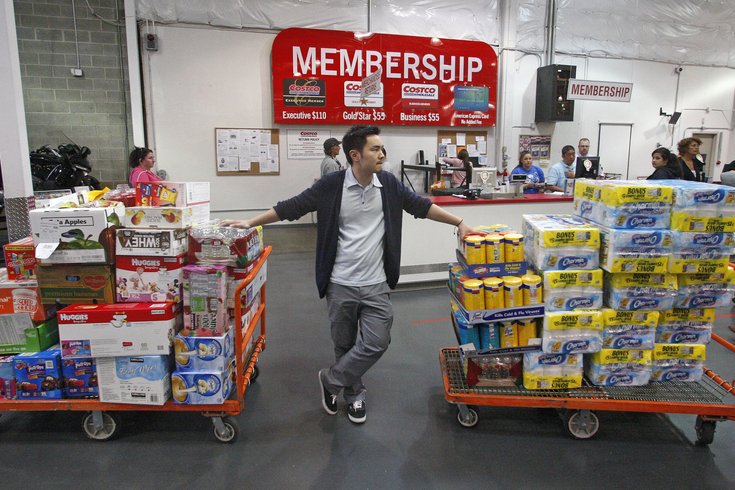What is Wholesale Buying and How Can You Benefit
Wholesale buying is a purchasing strategy that involves buying products in bulk from a supplier or manufacturer at a discounted rate. This approach can be highly beneficial for businesses, entrepreneurs, and individuals looking to resell products for a profit. By buying products wholesale, you can enjoy lower costs, increased profit margins, and access to a wide range of products.
One of the primary advantages of wholesale buying is the ability to purchase products at a lower cost per unit. This is because suppliers and manufacturers often offer discounts for bulk purchases, which can help you save money and increase your profit margins. Additionally, wholesale buying can provide access to a wide range of products, including hard-to-find or specialty items.
When considering how to buy products wholesale, it’s essential to understand the different types of wholesale buying models. Some common models include bulk purchasing, drop shipping, and private labeling. Bulk purchasing involves buying products in large quantities and storing them in a warehouse or storage facility. Drop shipping, on the other hand, involves partnering with a supplier to ship products directly to customers. Private labeling involves creating a custom label or brand for products purchased from a supplier.
Wholesale buying can be an effective way to start or grow a business, but it requires careful planning and research. By understanding the benefits and challenges of wholesale buying, you can make informed decisions and develop a successful purchasing strategy. Whether you’re looking to start a new business or expand an existing one, learning how to buy products wholesale can be a valuable skill.
In the next section, we’ll explore the different types of wholesale pricing and provide tips on how to negotiate with suppliers to get the best possible prices.
Understanding Wholesale Pricing and How to Negotiate
When it comes to buying products wholesale, understanding the different types of wholesale pricing is crucial to getting the best possible deal. There are three main types of wholesale pricing: fixed pricing, tiered pricing, and negotiated pricing. Fixed pricing involves paying a fixed price per unit, regardless of the quantity purchased. Tiered pricing, on the other hand, involves paying a lower price per unit as the quantity purchased increases. Negotiated pricing involves negotiating the price with the supplier, often based on the quantity purchased or the length of the contract.
When learning how to buy products wholesale, it’s essential to understand how to negotiate with suppliers to get the best possible prices. One effective strategy is to research the market and compare prices from different suppliers. This will give you a basis for negotiation and help you make an informed decision. Another strategy is to build a relationship with the supplier, as this can lead to better prices and more favorable terms.
When negotiating with suppliers, it’s also important to consider the total cost of ownership, including the cost of shipping, storage, and handling. This will help you make a more informed decision and ensure that you’re getting the best possible deal. Additionally, be sure to ask about any discounts or promotions that may be available, as these can help you save even more money.
Some popular wholesale pricing strategies include the “price per unit” method, where the price is calculated based on the quantity purchased, and the “price per case” method, where the price is calculated based on the number of cases purchased. Understanding these strategies and how to negotiate with suppliers can help you get the best possible prices and maximize your profits when buying products wholesale.
In the next section, we’ll explore how to find reliable wholesale suppliers, including researching online directories, attending trade shows, and checking for certifications and licenses.
How to Find Reliable Wholesale Suppliers
When learning how to buy products wholesale, finding reliable suppliers is crucial to the success of your business. A reliable supplier can provide you with high-quality products, competitive pricing, and excellent customer service. On the other hand, an unreliable supplier can lead to delays, defects, and financial losses. In this section, we’ll explore how to find trustworthy wholesale suppliers, including researching online directories, attending trade shows, and checking for certifications and licenses.
One of the best ways to find reliable wholesale suppliers is to research online directories. These directories, such as Wholesale Central and SaleHoo, provide a list of verified suppliers that have been vetted for their reliability and quality. You can also check online reviews and ratings from other customers to get an idea of the supplier’s reputation.
Attending trade shows is another effective way to find reliable wholesale suppliers. Trade shows provide a platform for suppliers to showcase their products and services, and for buyers to connect with them. You can meet suppliers in person, ask questions, and get a feel for their products and services.
Checking for certifications and licenses is also important when finding reliable wholesale suppliers. Look for suppliers that have certifications from reputable organizations, such as ISO 9001 or CE. These certifications indicate that the supplier has met certain standards for quality and safety.
Additionally, you can also check for licenses and permits that are required by law. This will ensure that the supplier is operating legally and ethically. By doing your research and due diligence, you can find reliable wholesale suppliers that will help you succeed in your business.
In the next section, we’ll discuss the importance of product research and testing when buying products wholesale, including evaluating product quality, demand, and competition.
The Importance of Product Research and Testing
When learning how to buy products wholesale, it’s essential to conduct thorough product research and testing before making a purchase. This step is crucial in ensuring that you’re getting high-quality products that meet your customers’ needs and expectations. In this section, we’ll discuss the importance of product research and testing, including evaluating product quality, demand, and competition.
Evaluating product quality is a critical step in the wholesale buying process. You need to ensure that the products you’re purchasing are of high quality, durable, and meet the required safety standards. One way to evaluate product quality is to check the product’s specifications, features, and materials. You can also read reviews and ratings from other customers to get an idea of the product’s performance.
Assessing demand is another important aspect of product research. You need to ensure that there’s a demand for the products you’re purchasing, and that you can sell them quickly and efficiently. One way to assess demand is to use online tools, such as Google Trends or Amazon Best Sellers, to see what products are currently in demand. You can also conduct market research to identify gaps in the market and opportunities for growth.
Finally, evaluating competition is essential in ensuring that you’re getting the best possible deal. You need to research your competitors, including their pricing strategies, marketing techniques, and product offerings. This will help you identify areas for differentiation and opportunities to gain a competitive advantage.
By conducting thorough product research and testing, you can ensure that you’re getting high-quality products that meet your customers’ needs and expectations. This will help you build a loyal customer base, increase sales, and maximize your profits when buying products wholesale.
In the next section, we’ll introduce popular wholesale buying platforms and marketplaces, such as Alibaba, Wholesale Central, and SaleHoo, and discuss their features and benefits.
Wholesale Buying Platforms and Marketplaces
When learning how to buy products wholesale, it’s essential to know about the various wholesale buying platforms and marketplaces available. These platforms connect buyers with suppliers from around the world, making it easier to find and purchase products in bulk. In this section, we’ll introduce popular wholesale buying platforms and marketplaces, such as Alibaba, Wholesale Central, and SaleHoo, and discuss their features and benefits.
Alibaba is one of the largest and most popular wholesale buying platforms in the world. With millions of suppliers and products to choose from, Alibaba offers a vast array of wholesale products, including electronics, clothing, and home goods. Alibaba also offers a range of tools and services, such as supplier verification and payment protection, to help buyers navigate the wholesale buying process.
Wholesale Central is another popular wholesale buying platform that connects buyers with suppliers from around the world. With a vast directory of suppliers and products, Wholesale Central offers a range of wholesale products, including apparel, accessories, and gifts. Wholesale Central also offers a range of tools and services, such as supplier verification and product research, to help buyers make informed purchasing decisions.
SaleHoo is a wholesale buying platform that connects buyers with verified suppliers from around the world. With a vast directory of suppliers and products, SaleHoo offers a range of wholesale products, including electronics, clothing, and home goods. SaleHoo also offers a range of tools and services, such as supplier verification and product research, to help buyers make informed purchasing decisions.
By using these wholesale buying platforms and marketplaces, buyers can easily find and purchase products in bulk, saving time and money in the process. Whether you’re a seasoned buyer or just starting out, these platforms offer a range of benefits and features that can help you succeed in the world of wholesale buying.
In the next section, we’ll provide guidance on how to effectively manage wholesale inventory, including tips on storage, tracking, and shipping products.
Managing Your Wholesale Inventory and Shipping
When learning how to buy products wholesale, it’s essential to manage your inventory and shipping effectively. This includes storing products in a secure and organized manner, tracking inventory levels, and shipping products to customers in a timely and efficient manner. In this section, we’ll provide guidance on how to manage your wholesale inventory and shipping, including tips on storage, tracking, and shipping products.
Storage is a critical aspect of managing your wholesale inventory. You’ll need to store products in a secure and organized manner, ensuring that they are protected from damage and theft. Consider investing in shelving units, bins, and labels to keep your inventory organized and easy to access.
Tracking inventory levels is also essential when buying products wholesale. You’ll need to keep track of the number of products you have in stock, as well as the number of products you’ve sold. Consider using inventory management software to help you track your inventory levels and stay organized.
Shipping products to customers is another critical aspect of managing your wholesale inventory. You’ll need to ensure that products are shipped in a timely and efficient manner, and that they arrive at the customer’s doorstep in good condition. Consider using a shipping carrier that offers tracking and insurance, and make sure to package products carefully to prevent damage during transit.
By managing your wholesale inventory and shipping effectively, you can ensure that your business runs smoothly and efficiently. This includes storing products in a secure and organized manner, tracking inventory levels, and shipping products to customers in a timely and efficient manner.
In the next section, we’ll warn readers about common pitfalls to avoid when buying wholesale, including overstocking, under-researching suppliers, and neglecting to read reviews and check ratings.
Common Mistakes to Avoid When Buying Wholesale
When learning how to buy products wholesale, it’s essential to avoid common pitfalls that can lead to financial losses and damage to your business reputation. In this section, we’ll warn readers about common mistakes to avoid when buying wholesale, including overstocking, under-researching suppliers, and neglecting to read reviews and check ratings.
Overstocking is a common mistake that many wholesale buyers make. This occurs when you purchase too many products, resulting in excess inventory that may not sell. To avoid overstocking, it’s essential to conduct thorough market research and analyze sales trends before making a wholesale purchase.
Under-researching suppliers is another common mistake that can lead to financial losses and damage to your business reputation. When buying products wholesale, it’s essential to research suppliers thoroughly, including checking their certifications, licenses, and reviews from other customers.
Neglecting to read reviews and check ratings is also a common mistake that can lead to financial losses and damage to your business reputation. When buying products wholesale, it’s essential to read reviews from other customers and check ratings from reputable sources, such as the Better Business Bureau or Trustpilot.
By avoiding these common mistakes, you can ensure that your wholesale buying experience is successful and profitable. Remember to conduct thorough market research, research suppliers thoroughly, and read reviews and check ratings before making a wholesale purchase.
In the next section, we’ll offer strategies for maximizing profits when buying wholesale, including pricing strategies, marketing techniques, and customer service tips.
Maximizing Your Profits with Wholesale Buying
When learning how to buy products wholesale, it’s essential to maximize your profits by implementing effective pricing strategies, marketing techniques, and customer service tips. In this section, we’ll offer strategies for maximizing profits when buying wholesale, including pricing strategies, marketing techniques, and customer service tips.
Pricing strategies are critical when buying products wholesale. To maximize your profits, you’ll need to set prices that are competitive with other retailers while also ensuring that you’re making a profit. Consider using a pricing strategy such as keystone pricing, which involves doubling the wholesale price to determine the retail price.
Marketing techniques are also essential when buying products wholesale. To maximize your profits, you’ll need to effectively market your products to attract customers and drive sales. Consider using social media marketing, email marketing, and search engine optimization (SEO) to reach your target audience.
Customer service tips are also important when buying products wholesale. To maximize your profits, you’ll need to provide excellent customer service to build trust and loyalty with your customers. Consider offering a satisfaction guarantee, providing product information and support, and responding promptly to customer inquiries.
By implementing these strategies, you can maximize your profits when buying products wholesale. Remember to set competitive prices, effectively market your products, and provide excellent customer service to build trust and loyalty with your customers.







